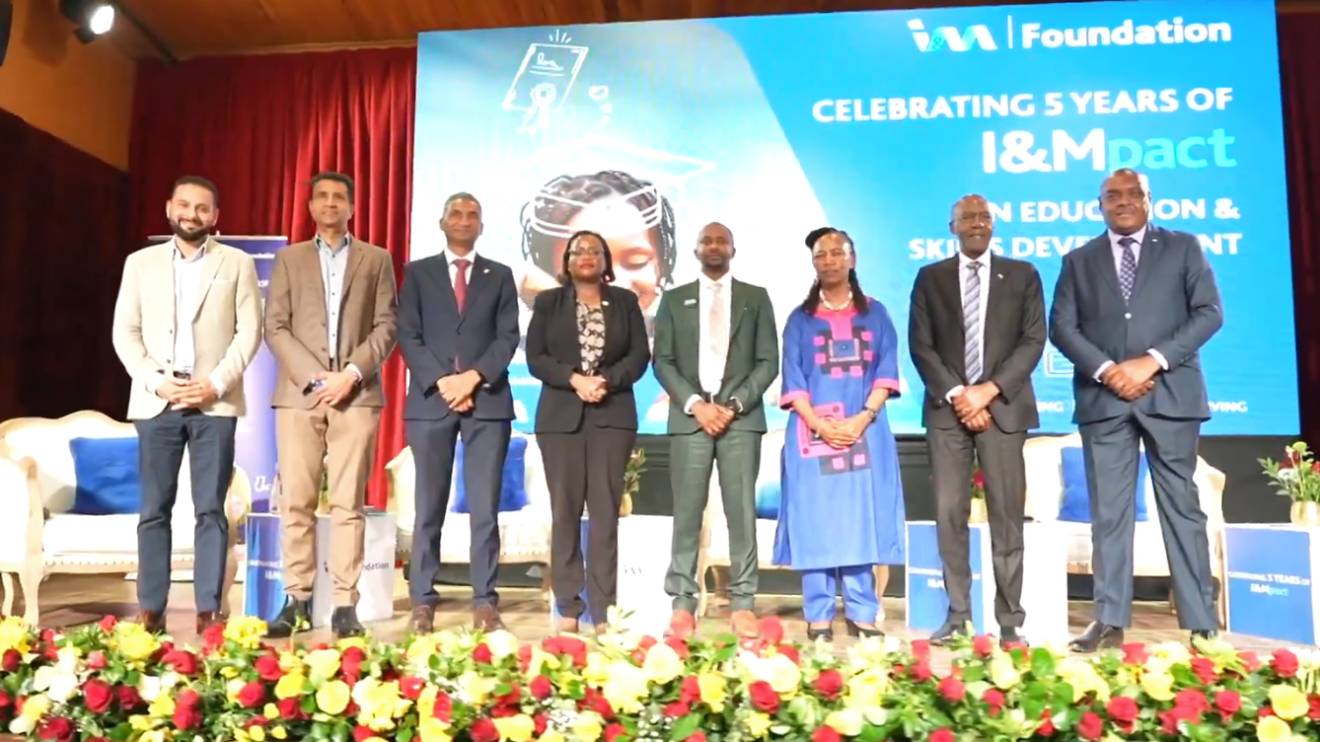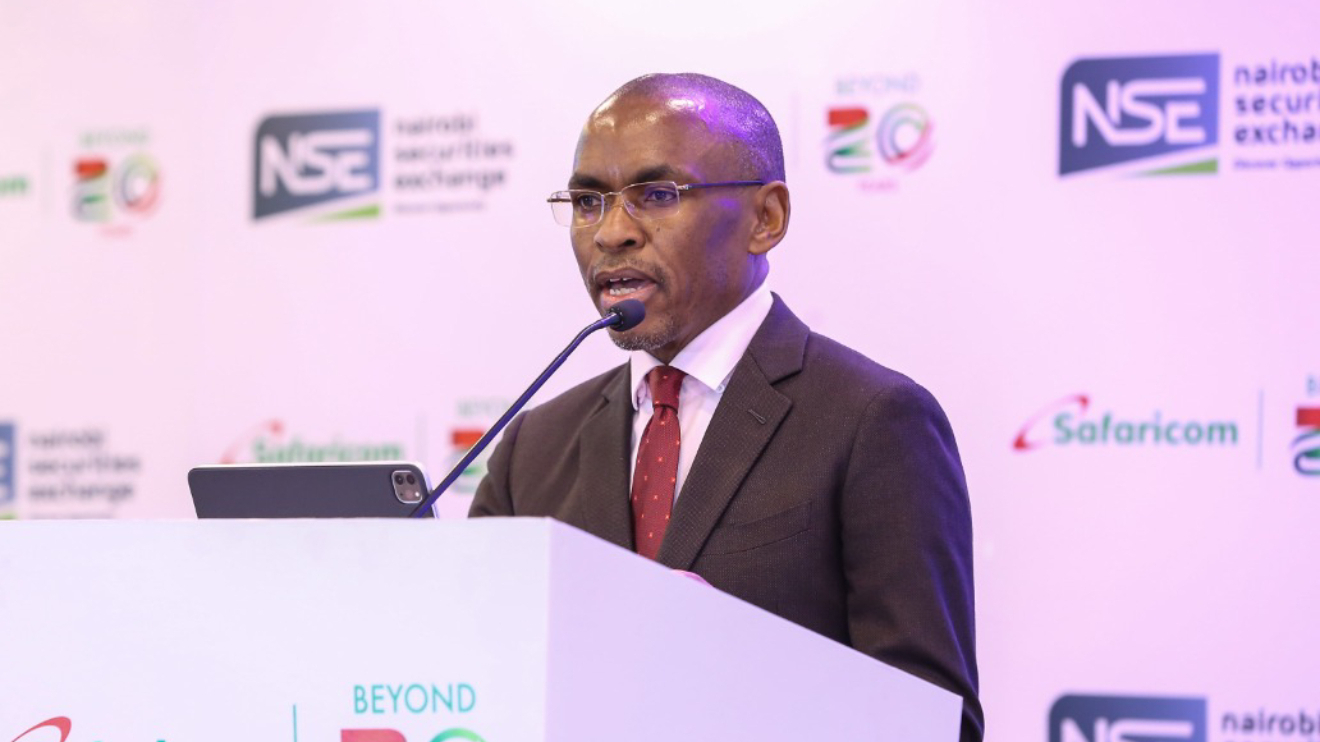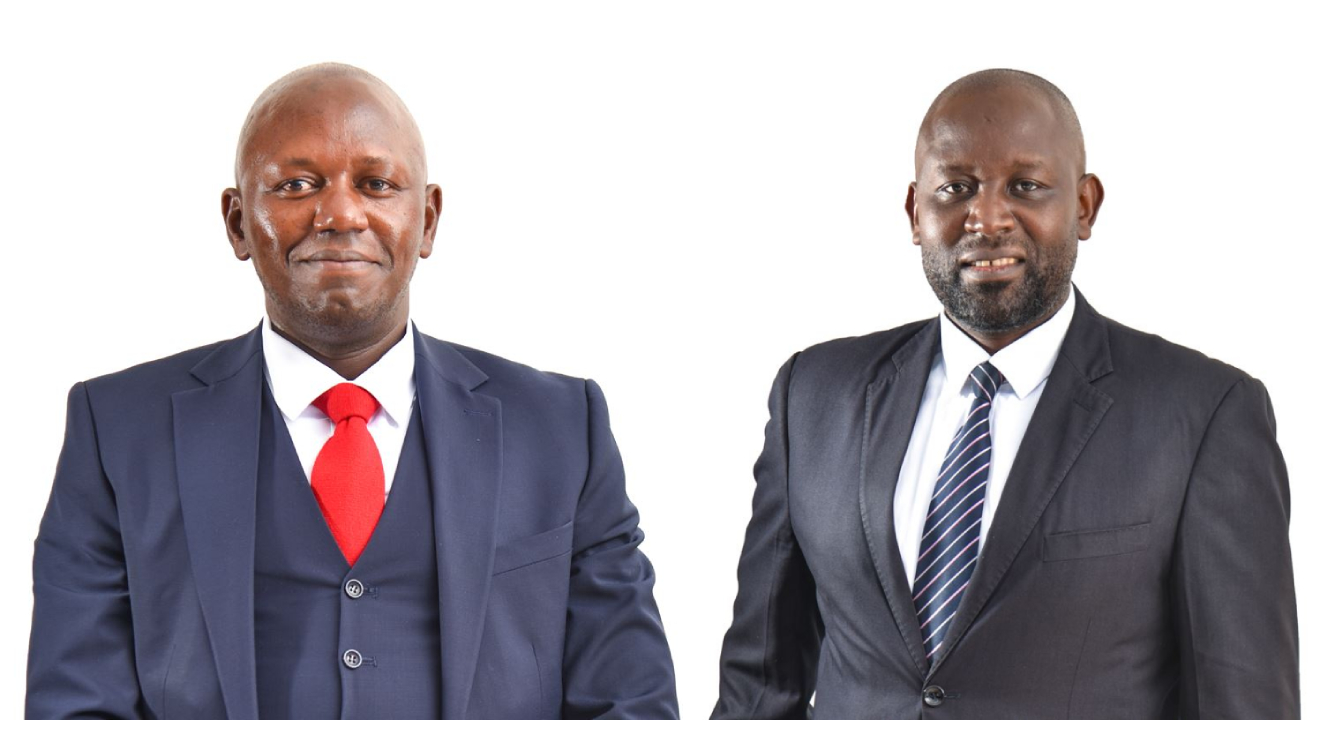The High Court has handed down a significant ruling in the ongoing legal battle between the Kenya National Highways Authority (KeNHA) and Aecom South Africa Holdings (PTY), declining KeNHA's request to refer the case to arbitration in which Aecom seeks payment of Sh108.9 million ($746,691).
This decision marks an important moment in the dispute between the two parties.
Justice David Majanja, in delivering the verdict, stated unequivocally, "I therefore hold that there is no dispute in fact that ought to proceed for resolution by arbitration as the debt due to the Plaintiff appears to be undisputed. It is on this ground that I reject the defendant’s application."
The origins of this legal feud trace back to 2004 when Aecom, then operating under the name BKS Group (Pty) Ltd, entered into a contract with the Ministry of Roads and Public Works.
This agreement pertained to the provision of consultancy services for the Northern Corridor Transport Improvement Project (NCTIP) and the Kenya Road Concessioning Study, Phase 3A.
Read More
The initial contract was valued at Sh29.1 million ($199,765.50). Subsequently, in 2007, the parties inked another contract worth Sh107.6 million ($737,958).
Aecom alleges that despite fulfilling its obligations under these contracts, KeNHA has steadfastly refused to pay the outstanding Sh108.9 million it is owed.
KeNHA, on the other hand, has argued that the contractual agreement mandates all disputes between the parties to be resolved through arbitration.
They contend that Aecom's filing of a lawsuit in court is in violation of the Dispute Resolution Clause within the contract.
Moreover, KeNHA has claimed that the dispute is statute-barred, asserting that it should have been brought forward within six months of the alleged default.
Aecom, in its defense, maintains that its claim is straightforward, focusing solely on the collection of the debt owed, thus negating any dispute suitable for arbitration.
Justice Majanja's ruling, which favoured Aecom, raised several crucial points.
Notably, the court observed that KeNHA failed to present any evidence or correspondence demonstrating their dispute with Aecom's claim.
"The Defendant has not stated why it disputes the Plaintiff’s claim in order for the court to determine even on a prima facie basis that there is a dispute worthy of resolution by arbitration," the court emphasised.
The court also clarified that the question of whether the dispute is statute-barred remains a matter for the trial court to address, with KeNHA retaining the opportunity to raise this issue in their statement of defence.
The next stages of this legal battle promise to shed more light on the intricacies surrounding the dispute and may offer a path towards resolution.







-1756319289.jpg)
-1757101509.jpg)


